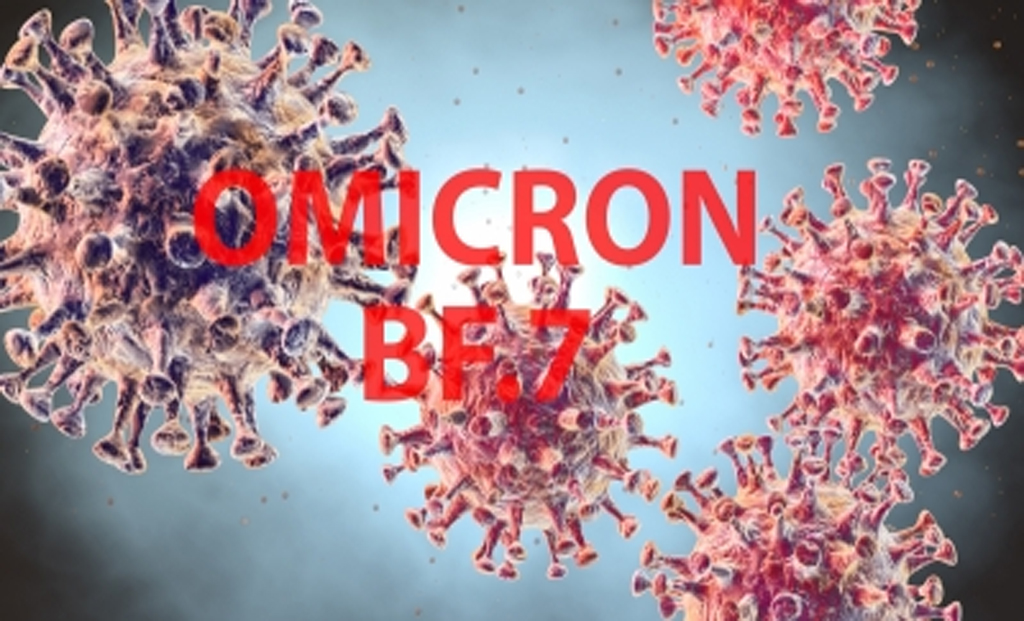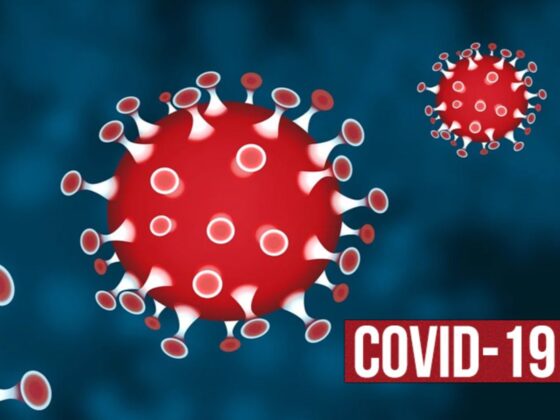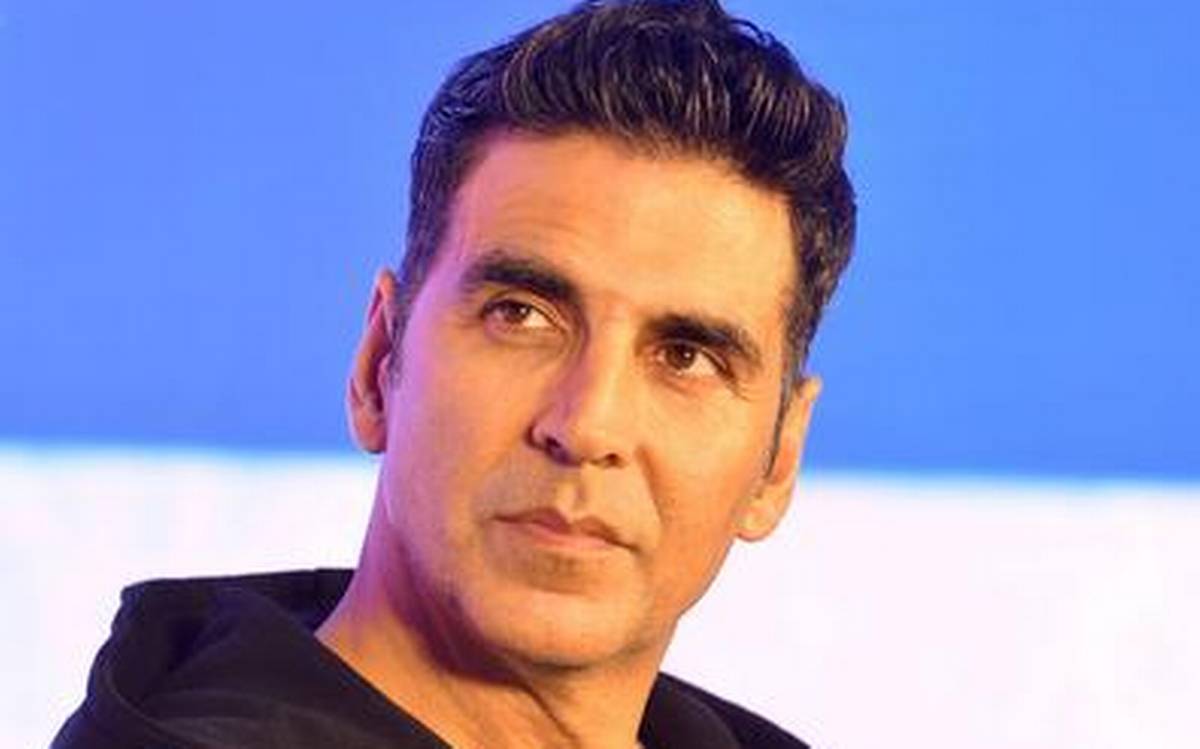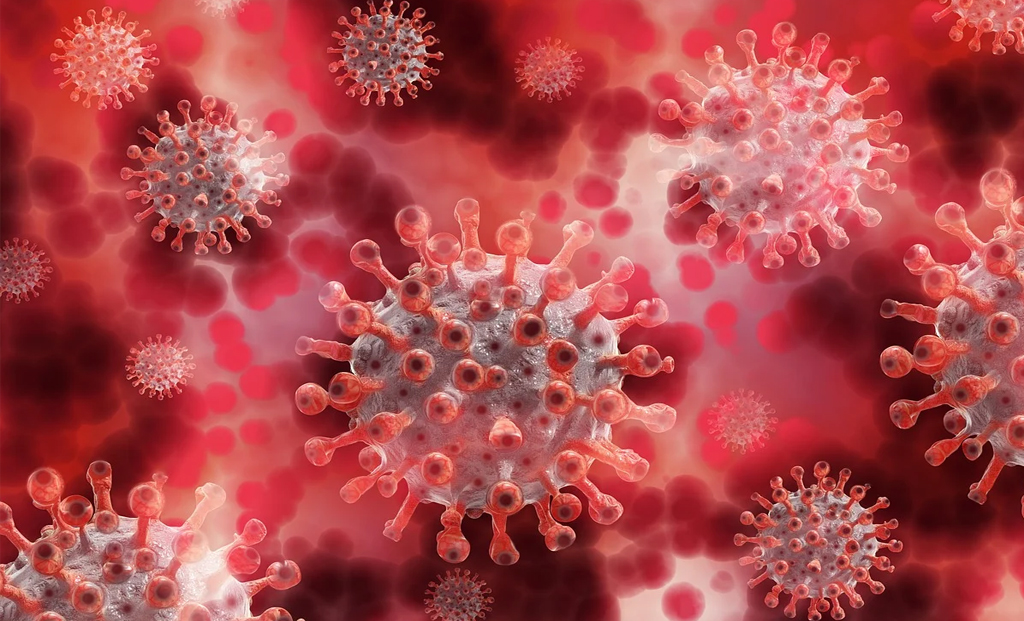Omicron BF.7 Cases in India: Government Implements Mandatory RT-PCR Test for International Arrivals
Stringent Measures Taken to Combat the Surge of Covid-19 Cases and Track Omicron Variant
In response to the escalating Covid-19 cases worldwide, the Modi government has taken swift action to safeguard the nation from the Omicron BF.7 variant. A crucial step in this endeavor is the implementation of mandatory RT-PCR testing for all international arrivals. This decision aims to mitigate the risk of new Covid-19 variants entering the country and exacerbating the current situation.
Health Minister Mansukh Mandaviya addressed the press on Saturday, confirming the mandatory RT-PCR test requirement for air travelers from China, Japan, South Korea, Hong Kong, and Thailand. This measure will help identify and isolate potential Covid-19 cases at the earliest, preventing the virus from spreading within Indian borders.
To ensure the utmost caution, the government has also stipulated that passengers arriving from the aforementioned countries who display Covid-19 symptoms or test positive for the virus will be placed under quarantine. By implementing these preventive measures, the government aims to minimize the risk of community transmission and protect the health and well-being of its citizens.
The government has made RT-PCR tests mandatory for international arrivals from high-risk countries to control the spread and ensure public safety.
In addition to the national-level efforts, individual states have stepped up their efforts to combat the spread of the virus. They have been directed to remain on high alert and increase genome sequencing activities to detect the Omicron variant among positive cases promptly. This proactive approach enables health authorities to monitor the situation closely and respond effectively to any new variants that may emerge.
Highlighting the importance of surveillance, Mandaviya has urged states to strengthen their surveillance systems for whole genome sequencing of positive cases. The Indian SARS-CoV-2 Genomics Consortium (INSACOG) network plays a pivotal role in tracking variants and ensuring the timely detection of any emerging strains in the country.
Mandaviya emphasized that health facility-based sentinel surveillance, pan-respiratory virus surveillance, community-based surveillance, and sewage/wastewater surveillance should be prioritized. By focusing on these aspects, the government aims to gather comprehensive data to guide its strategies for managing Covid-19 cases effectively.
“Test-Track-Treat-Vaccinate & Adherence to COVID Appropriate Behavior” remains the government’s top priority and strategic approach to tackling the Covid-19 pandemic. With the new Omicron BF.7 variant posing a potential threat, it is imperative for all citizens to remain vigilant, follow safety protocols, and get vaccinated to curb the spread of the virus.
As the world braces for a potential fourth wave of Covid-19, India is actively taking measures to stay ahead of the curve. The government’s proactive stance, including mandatory RT-PCR testing and strengthened surveillance, underscores its commitment to safeguarding public health and defeating the pandemic. Stay informed and stay safe as we navigate these challenging times together.











